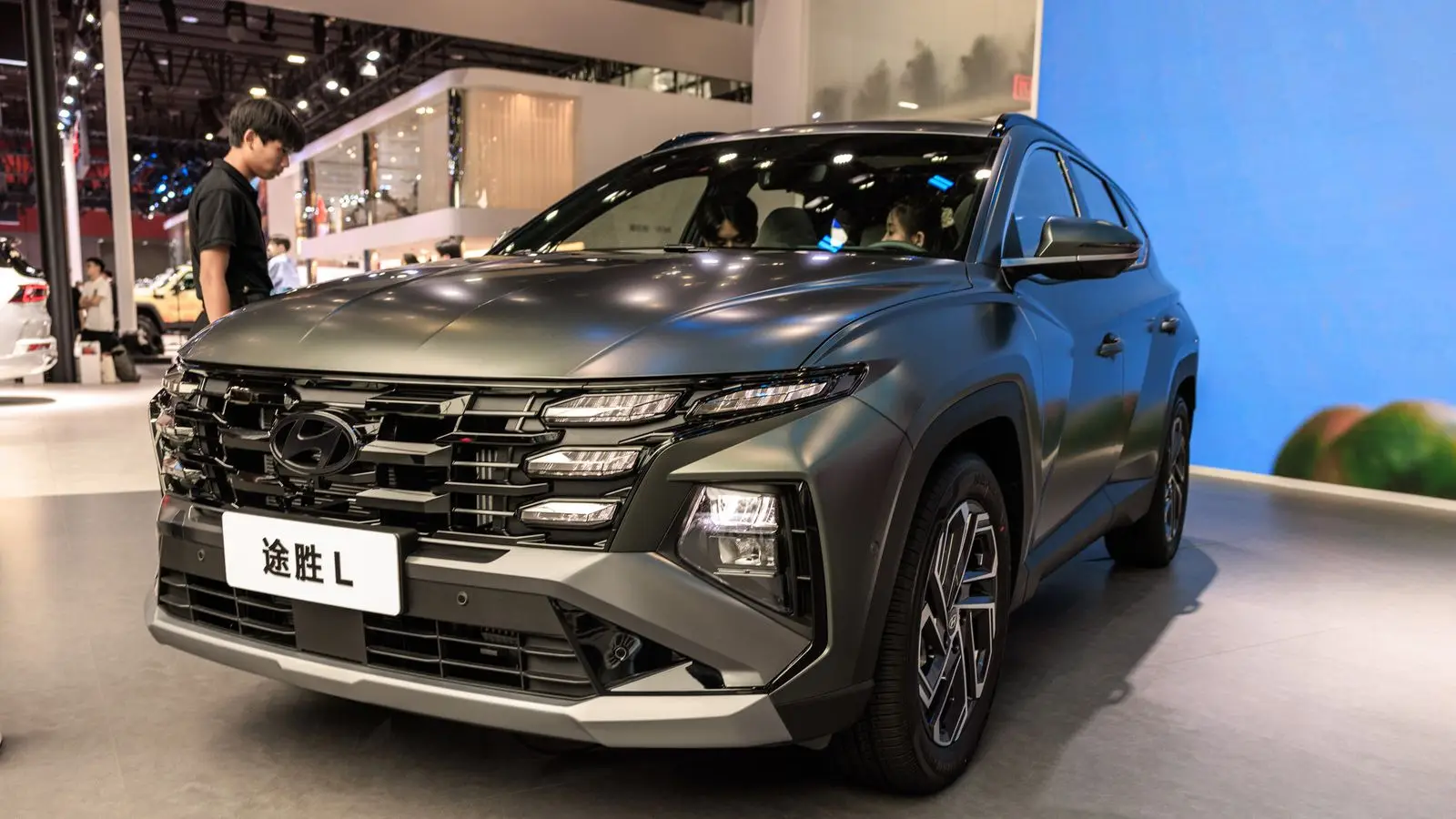Hyundai Alerts Dealers as Auto Tariffs Set to Raise Prices

Hyundai warns U.S. dealers about rising vehicle prices due to new 25% import tariffs. Learn how this policy may affect consumers, EVs, and the industry.
Starting April 2, the U.S. auto industry enters uncharted territory as the Trump administration enacts sweeping 25% tariffs on imported vehicles and parts. The impact is already being felt. Hyundai has issued a warning to its U.S. dealers: price stability is no longer guaranteed. Any car not currently on the lot could become significantly more expensive.
An internal email from Hyundai and Genesis North America CEO Randy Parker signaled growing concern. With the new tariffs taking effect, prices on vehicles—especially those imported or containing foreign parts—are now unpredictable. Even models assembled at Hyundai’s U.S. plants aren’t immune, as critical imported components like electronic modules and batteries are also subject to the duties.
Cox Automotive estimates the tariffs could increase the cost of a U.S.-built car by $3,000, and up to $6,000 for vehicles assembled in Canada or Mexico. Hyundai, with about 65% of its U.S. vehicle supply imported, faces serious exposure. The company’s $21 billion domestic production investment may soften the blow but won’t shield it completely.
And Hyundai isn’t alone. Automakers like Ford, GM, and Toyota have voiced concern. Toyota in particular is reportedly re-evaluating its supply chains. In Michigan—where one in five jobs is tied to the auto industry—business groups are raising alarms about potential price hikes, supply disruptions, and declining demand.
Dealers may have enough inventory to cushion the impact until May or June, but the tariff bite will soon be unavoidable. Analysts at Morgan Stanley predict a nationwide price increase of 11–12%. Yale’s Budget Lab estimates the average price of a new vehicle in 2025 will be 13.5% higher than in 2024. Even households not in the market for a car are expected to take a financial hit, losing an estimated $450–$500 annually due to the tariffs’ ripple effects.
The electric vehicle (EV) sector faces a particularly steep challenge. With heavy reliance on imported batteries and high-tech components, rising costs could slow EV adoption significantly—just as momentum had been building.
In theory, these tariffs are meant to revive American manufacturing. In practice, they’re sowing confusion and pushing prices higher across the board. Automakers, consumers, and policymakers alike now face a difficult road ahead.
Mark Havelin
2025, Apr 01 16:51


